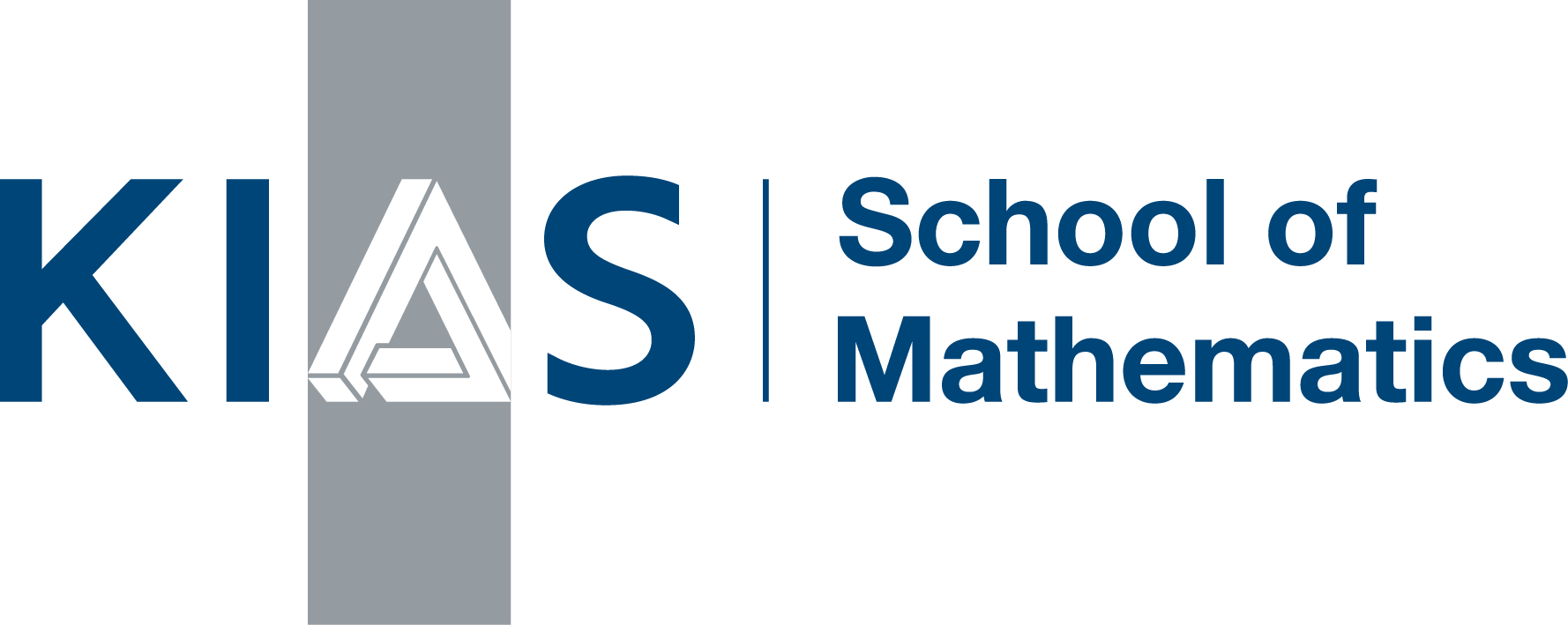

Analysis, PDE & Probability Seminar


Analysis, PDE & Probability Seminar
2024 Seminars
Past Seminars
2025 Seminars
2023 Seminars
2022 Seminars
2021 Seminars
2020 Seminars
2019 Seminars
Organizers
Yong-Gwan Ji - Korea Institute for Advanced Study Mingu Jung - Korea Institute for Advanced Study Myeongju Kang - Korea Institute for Advanced Study Nam-Gyu Kang - Korea Institute for Advanced Study Junha Kim - Korea Institute for Advanced Study Seonwoo Kim - Korea Institute for Advanced Study Joonhyun La - Korea Institute for Advanced Study Jaehun Lee - Korea Institute for Advanced Study Jaehun Lee - KAIST Jung-Kyoung Lee - Korea Institute for Advanced Study Juyoung Lee - Korea Institute for Advanced Study Se-Chan Lee - Korea Institute for Advanced Study Taehun Lee - Korea Institute for Advanced Study Sewook Oh - Korea Institute for Advanced Study Sung-Jin Oh - UC Berkeley & KIAS Hyangdong Park - Korea Institute for Advanced Study Jaehyeon Ryu - Korea Institute for Advanced Study Jinsol Seo - Korea Institute for Advanced Study Hyungsung Yun - Korea Institute for Advanced Study
Directions
Korea Institute for Advanced Study
Buildings 1 & 8, 85 Hoegi-ro, Dongdaemun-gu, Seoul, Korea
June E Huh Center for Mathematical Challenges
2nd Floor, 118 Hongneung-ro, Dongdaemun-gu, Seoul, Korea